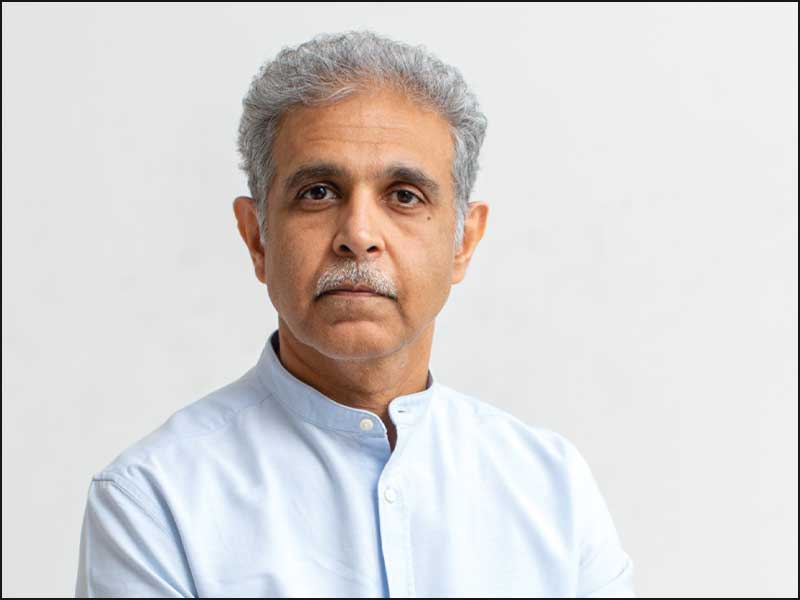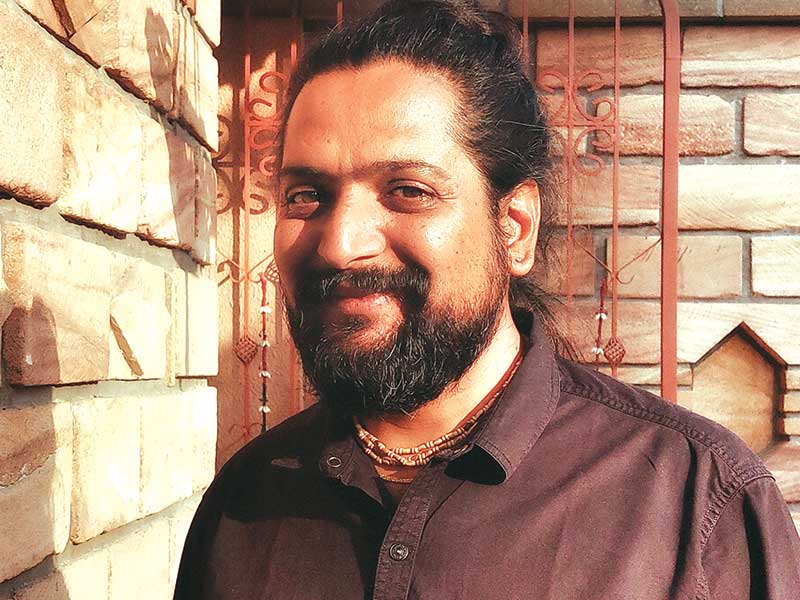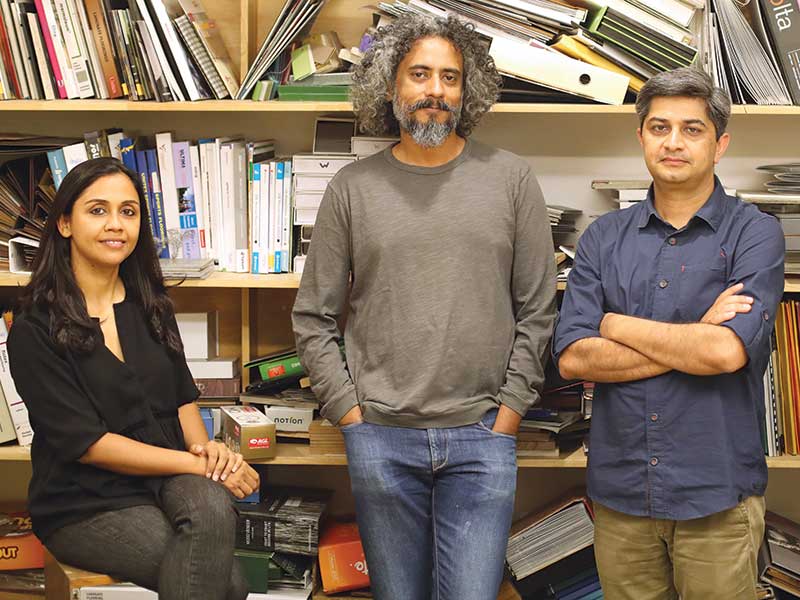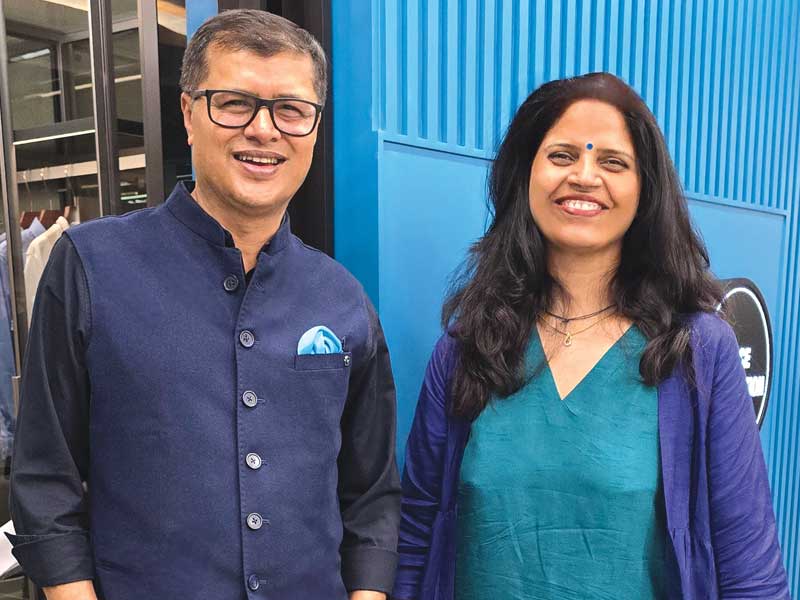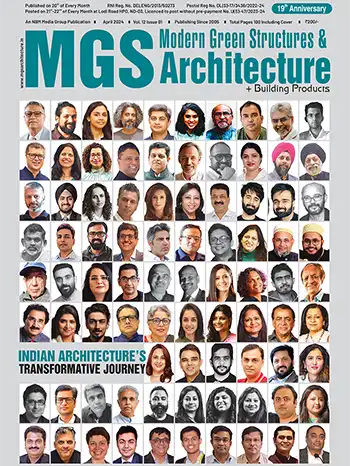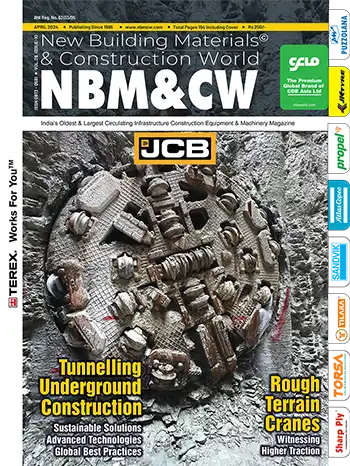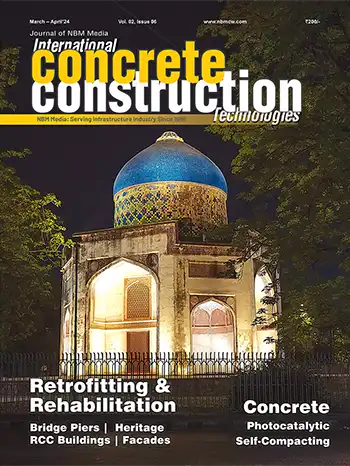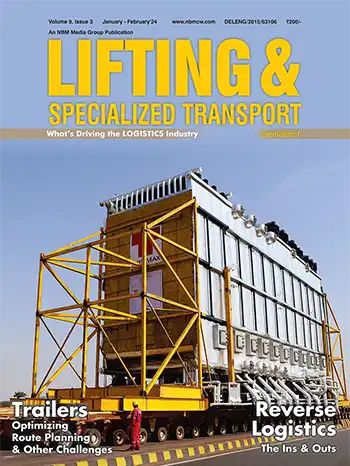The architecture profession in India is undergoing an evolution in response to global trends and technological advancements while also adapting to the evolving needs of a modern society. The pivotal moment of change occurred during the liberalization of the economy in the 1990s, which shifted the role of architects from primarily visionary partners to technical collaborators in the production of buildings. This shift was driven by the influence of international capital, emphasizing speed, innovation, and image-centric design. However, the profession must transcend mere economics and engage with evidence-based policy and cultural considerations. Architects are increasingly viewing built environment design from a holistic perspective, focusing on architectural tectonics rather than solely relying on technical competence and industrial components.

New opportunities are continually emerging within the realm of architecture, largely propelled by technological advancements. Tools like BIM and parametric design have revolutionized how architects conceptualize and execute projects. The growing emphasis on sustainability has opened doors for architects to delve into green building practices, renewable materials, and energy-efficient designs. Additionally, the increasing number of architects and professionals in the country, especially the younger generation adept with new technological tools, are driving innovation and adaptability within the profession.
The integration of building materials, technology, engineering, and architecture has ushered in a new era of construction practices characterized by enhanced quality, speed, and sustainability. Prefabricated components, advanced construction techniques, and the incorporation of smart building systems have significantly improved efficiency throughout the construction process. These advancements not only streamline project timelines but also contribute to reduced environmental impact by minimizing waste and optimizing resource utilization.
Envisioning the future of architecture in India involves considering a holistic approach that integrates design, technology, and sustainability. Architects are geared up to play a pivot role in addressing pressing urban challenges, fostering resilience in built environments, and promoting inclusive development. A deep commitment to interdisciplinary collaboration, continuous learning, and adaptation to emerging trends characterizes the future. Architects will need to leverage cutting-edge technologies, harness innovative design strategies, and prioritize sustainable practices to create environments that are aesthetically pleasing, functionally efficient, environmentally responsible, and socially equitable.
